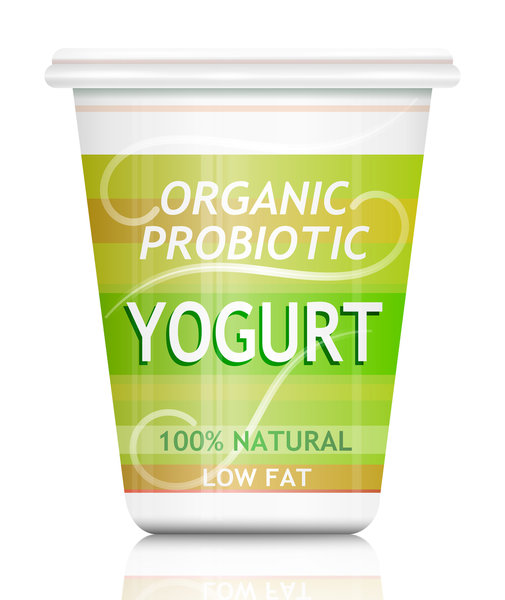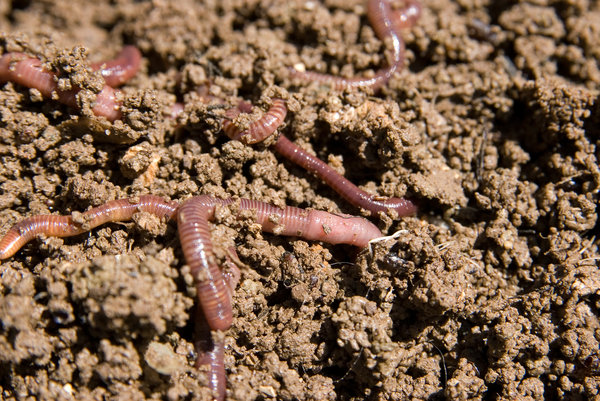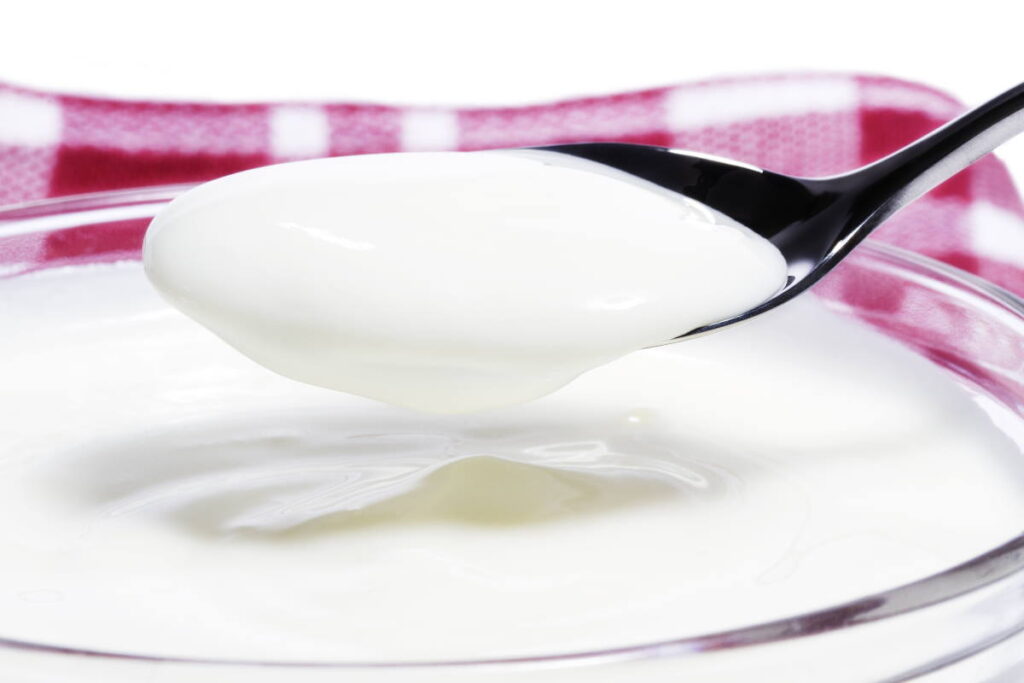Yogurt is a probiotic, meaning that it helps to promote digestive health using beneficial bacteria. Those same properties that are good for our digestive health make yogurt a healthy addition to your plants. Can you compost yogurt? Yes, you can. Should you compost yogurt? That’s a different question that requires a bit more exploration.
Yogurt results from the fermentation of milk from bacteria, predominantly Streptococcus themophilus and Lactobacillus. Lactobacillus is a bacterium found in animal guts and soil, and it aids in the decomposition of organic material. It helps to break down complex molecules, making it easier for the plant to use the remaining molecules.
Benefits of Adding Yogurt to Compost
Yogurt is high in nitrogen, with about 0.5% of it being nitrogen. This makes yogurt very beneficial to plant growth. It’s a strong source of nutrients for your plants.
The bacteria in yogurt can actually assist your plants in fixing nitrogen. This improves their growth. So probiotics help your plants as well as your gut.
Yogurt has some unique benefits for your plants, provided that you can work around the downsides of adding it to your compost.

Reasons to Be Careful When You Compost Yogurt
Like other animal products, yogurt will attract vermin to your compost pile as it decomposes. The vermin eat the food material in your compost, leaving you with nothing but brown material and a bunch of mice, rats, and other animals that you don’t usually want in your yard.
It also stinks, which besides attracting the vermin, just isn’t pleasant. Compost shouldn’t stink.
Yogurt, like many dairy products, is high in fat. The fat content doesn’t allow for much air, which slows down decomposition. This means that yogurt in your compost will slow the decomposition process.
Adding Yogurt to Your Vermicomposting – Do Worms Like Yogurt?
Worms aren’t exactly lactose tolerant. They don’t digest dairy products well. Besides the other reasons, we advise you to be careful here. As a rule, you just don’t want to add dairy products to your vermicomposting.

How Do You Compost Dairy
If you’ve decided to give it a shot, here are some steps you can take to compost yogurt and reduce the risks of vermin:
- Add the yogurt to the middle of your pile. This helps to cover up the smell and reduces the chance that the vermin will smell it before it decomposes. Because of this, adding animal products like yogurt is better in larger bins or piles because there is more middle to add it to.
- Closed bins are better because the vermin can’t get in there.
- Turn your compost regularly. This is generally good advice, but animal products are particularly important. This spreads the yogurt out into the middle of the pile, where it is warmest, and the decomposition process is the most efficient. This also spreads the moisture out throughout your compost.
- Include brown materials with your yogurt. This breaks up the yogurt in a pile and also creates structure in a pile, leaving more room for aeration. This also helps to absorb some of the extra moisture in the yogurt.
- Make sure to keep your compost pile moist. You don’t want it wet. It should be about the consistency of a damp sponge. If you squeeze water out of the compost, it’s too wet.
- Limit the number of animal products that you add to your compost. This helps to keep the smell down, which keeps the vermin down. Additionally, since the yogurt slows down the decomposition process, adding a small amount of yogurt at a time will have less impact on how quickly your compost.
- Adding yogurt to commercial compost should be no problem.
Can I add Yogurt to Compost?
You can add yogurt to compost, which has many benefits for the plants that you won’t see in other materials. It has a disproportionate amount of nitrogen, it has healthy bacteria that help the plants, it has moisture, and…it’s an animal product.
As we’ve seen with other animal products, it’s prone to attracting rodents and other pests to your compost pile.
Composting animal products have risks, and you may not want to take on those risks, especially when you’re getting started. Later on, you could consider trying a small amount of yogurt. Your plants will like it.
